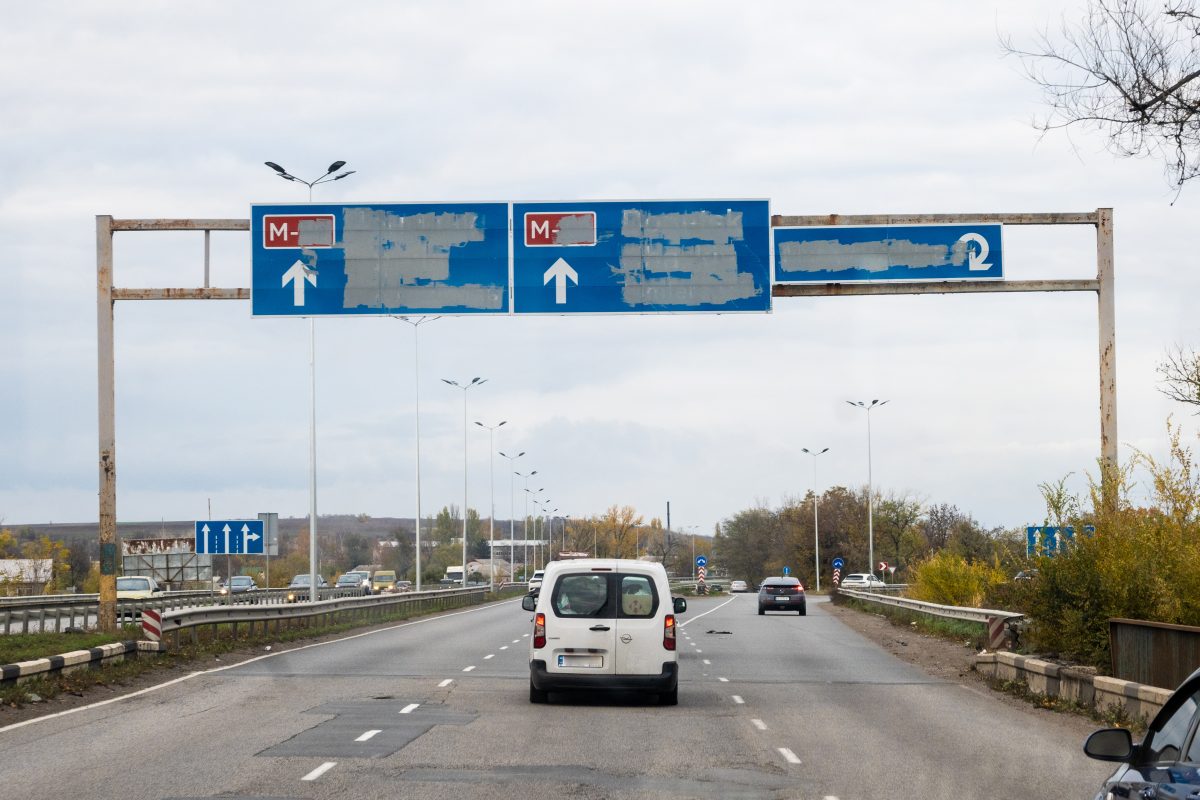The recently agreed AUKUS pact concluded between Australia, the USA and the UK generated an entertaining if distracting diplomatic soap opera. The Australian government, frustrated with delays and setbacks with the French Naval Group’s commitment to provide Australia with a new fleet of diesel powered submarines, secretly negotiated an agreement with the United States to provide Australia with nuclear powered submarines instead. The French were completely blindsided as up until the announcement, no indication had been made that Australia wanted to shelve the entire project. What followed was the much publicised soap opera.
The agreement and what it represents is significant and perhaps that is precisely why the soap opera aspects are played up in mass media while the salient analysis is done by international relations experts and disseminated to niche audiences. For the anti-war movements across the world, for the political left, AUKUS should serve as a call to organise pre-emptively against a war with China and in favour of democratic resolutions to tensions within Asia Pacific.
The AUKUS pact is a significant economic blow to France, with estimates ranging from 10 billion Euros to 90 billion AUD. More significant, is the diplomatic rupture between NATO allies. The former Liberal/National PM, Malcolm Turbull, stated this plainly in a speech. The execution of this swindle has frayed Australia’s relation with the EU and China (its biggest trading partner). Furthermore, Turnbull reveals important details of the new submarines that suggest Australia might become a military auxiliary of the US in a war with China.
The new submarines will have unlimited range, limited only by the provisions available to its crew. They will be fuelled with weapons grade enriched Uranium and therefore, this pact provides an opportunity for nuclear tech transfer between Australia and the US. If statements by Australia’s Prime Minister, Scott Morrison, are to be taken at face value, this does not pose a threat to nuclear non-proliferation since Australia does not have a civilian nuclear industry, nor does it possess the centrifuge technology needed to independently enrich Uranium-235 up from the 0.7% in natural ore to 95% or so used in these submarines. While it is true that the submarines, once fuelled, do not need to be refuelled, it is not impossible to imagine that the batteries of these submarines can be taken out and repurposed. Such nuclear tech transfer is something the US had discouraged France from doing, forgoing the profits that accompany such sales. Which is why this pact is significant: it sets the scene for nuclear non-proliferation to be eroded within the next two decades.
It should come as no surprise that China is setting its sights on Taiwan more firmly. Though the Chinese did not immediately resort to a trade war with Australia in retaliation, a rational decision by an actor with limited room to manoeuvre, tensions with Taiwan are escalating. With the conservative and increasingly militaristic LDP in Japan, the likely election of a conservative president in South Korea, the left needs to start seeing a war with China as a real possibility and not an abstraction. If Australia can brazenly snub France and ally so strongly with the US and the UK (nations China has deep colonialist fears of), despite being economically integrated with the Chinese economy, the organised political left must recognise that by 2050 the sequences of capitalist and ecological crises can indeed foment a hot war.
The former Japanese Prime Minister, Shinzo Abe, began a process of militarisation during his tenure, and fate intervened to prevent him holding a referendum on revising Article 9 of the Japanese constitution due to his ill health. The pandemic further scuppered such plans and has brought into power Fumio Kishida, a realpolitik politician with extensive foreign policy experience. This dove-ish position may not hold indefinitely as tensions over Taiwan mount and Japan is bounced into militarisation by the US. Taiwan’s cooperation with the US on military exercises exacerbates the situation. Yet there is room for anti-war movements to manoeuvre.
News of AUKUS made New Zealand uneasy, and countries within ASEAN appear to be split. Despite the legacy of colonialism and barbaric treatment by the West towards them, contemporary disputes and economic relationships seem to be guiding the diplomatic response. The forgetting of history is a slow process and by 2050, it may be advanced enough that the scars of colonial domination are forgotten, opening the door to another catastrophe within the region. Leftists must strengthen international cooperation and contribute materially towards keeping this history alive. We in the West enjoy a relative abundance of wealth and technological access. We must find ways of using these privileges to support local efforts in Asia Pacific, so that this erosion of historical memory is arrested.
Within Europe, the pact presents an opportunity. France’s furious response suggests that all is not well within NATO. The de facto unilateral withdrawal from Afghanistan has made it clear to European nations that they serve as auxiliaries to a decaying US empire. Germany’s energy insecurity is forcing the state to adopt a more pragmatic approach with Russia, the old NATO bogeyman. Parties like Die Linke and social movements ought to be encouraged by these developments. Though Olaf Scholz would insist any legitimate party must embrace NATO, within a decade this position may not be accepted wisdom if the left is willing to hold firm. The left must reiterate that NATO makes the world less safe. The only beneficiary of NATO is the global military industrial complex that Dwight Eisenhower warned against. In one succinct line, he provided the elegant argument that the left must continue to promulgate:
“Every gun that is made, every warship launched, every rocket fired signifies, in the final sense, a theft from those who hunger and are not fed, those who are cold and are not clothed.”
The energy crisis, the impending food crisis, the plight of refugees, future conflicts over water, the impacts of the pandemic; these issues are not going away and the glaring injustice of feeding the military beast while people suffer en masse makes it imperative that the left resolutely holds elite obsessions with NATO to account.
From an intersectional perspective, the pandemic, the belligerent rhetoric of Donald Trump and now Biden, the general strengthening of the far-right across the Global North, has spawned a new yellow peril. The postwar era was defined by anti-communism, the 90s onwards Islam and the Muslim world, and today we see China as the justification for continued militarism. The pivot to Islamophobia did not lead to Russophobia and general suspicion of Easten Europe dissipating away, and indeed the post USSR East has fervently adopted Islamophobia. Similarly, Sinophobia will not displace this bigoted framework of global politics, but rather act in synergy with old bigotries. Before the multiple fronts of racism the US empire has spawned overwhelm its economic, social, political, and military capacity, it will take many innocent lives with it. For the left, the terrain of climate crises is the appropriate arena in which to defend these lives. Hunger, war, and pestilence are material-ecological consequences and must be advocated against as such.
The environmental movement, particularly the German Greens, is woefully blind to the climate implications of ever expanding military expenditures. For a party like Die Linke, such a unified political critique may be electorally fruitful. The path forward requires developing a coherent framework that links, for example, hunger, housing, and thirst to the growing belly of the military beast. Educational efforts at home, coupled with international cooperation and learning from movements in the Global South can reinvigorate the organisation. The climate crisis will only escalate in severity and this presents left parties across the world the chance to advocate demilitarisation. Political strategic work for this eventuality needs to be laid today for maximum effectiveness and importantly must collaborate with movements in the Global South.




